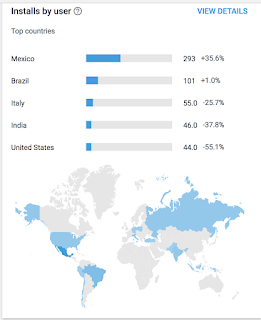IntStream. rangeClosed ( 0 , 10 ).forEach(num -> System. out .print(num)); Output 0 1 2 3 4 5 6 7 8 9 10 IntStream. range ( 0 , 10 ).forEach(num -> System. out .print(num)); O/P 0 1 2 3 4 5 6 7 8 9 Stream. of ( "This" , "is" , "Java8" , "Stream" ).forEach(System. out ::println); O/P This is Java8 Stream String [] stringArray = new String [] { "Streams" , "can" , "be" , "created" , "from" , "arrays" }; Arrays. stream (stringArray).forEach(System. out ::println); O/P Streams can be created from arrays List<Integer> numbers = Arrays. asList ( 3 , 2 , 2 , 3 , 7 , 3 , 5 ); IntSummaryStatistics stats = numbers.stream().mapToInt((x) -> x).summaryStatistics(); System. out .println(stats.getAverage()); System. out .println(stats.getCount()); System. out .println(stats.getMax()); System. out .println(stats.getMin()); System. out .println(stats.ge...
